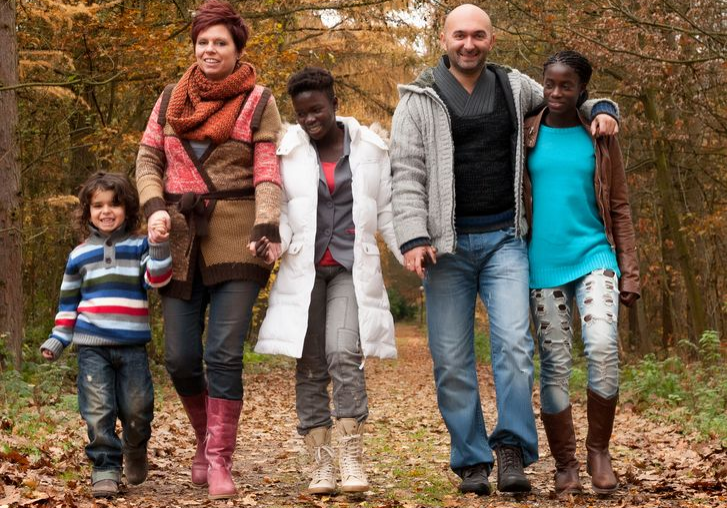
According to the U.S. Department of Health and Human Services (HHS), the number of children served by the foster care and adoption system has increased every year since 2012, up from 635,000 to at least 691,000 today.
But the national numbers only tell part of the story.
Indiana is one of six U.S. states whose foster care populations have risen more than 50 percent since 2012.
While increases like those being experienced in Indiana are often blamed on the opioid crisis, data shows that the crisis extends beyond opioids to a wider array of substances.
How the Opioid Crisis is Impacting the Need for Foster Care
Per a recent research brief produced by the HHS’s Office of the Assistant Secretary for Planning and Evaluation, the use and abuse of any substance—including opioids, hallucinogens, and stimulants like methamphetamine and cocaine—can put children at risk.
Most notable, though, is that there is a statistical relationship between child welfare caseloads and rates of drug-overdose hospitalizations.
As for foster care, specifically, “in the average county, a 10 percent increase in hospitalizations due to [any] substance type correspond[s] with approximately a 2 percent increase in foster care entry…. In addition, these substance use indicators correlate with rates of more complex and severe child welfare cases.”
The research brief also illustrates how dozens upon dozens of rural counties in Kentucky and Tennessee (not to mention many counties in western North Carolina), have rates of foster care entry above the national median.
More Foster Homes Needed in Kentucky, North Carolina and Beyond
Meanwhile, one of the largest challenges facing the child welfare system in these counties is an insufficient number of foster homes.
According to the Chronicle of Social Change’s report on The Foster Care Housing Crisis, at least half of the states have seen a decrease in the number of available foster homes, including North Carolina. Even in states that have dramatically increased their number of licensed foster homes, like Kentucky, it has “not been anywhere near enough to meet the demand for out-of-home placements caused by the opioid epidemic.”
The problem is particularly acute in rural counties, where potential foster parents may be less likely to learn about the need for more foster families—and more likely to face challenges than those in large metropolitan areas.
For example, in some rural areas, foster families may feel disconnected from potential sources of support, like a social network that includes neighbors. Meanwhile, a lower concentration of fellow foster families means fewer like-minded parents who can provide direct support and advice.
Then there are practical considerations, one of which is that accessing needed services—such as mental health services—can be more difficult than in an urban area, as a long drive may be required to reach the nearest provider.
The good news is some states, such as Kentucky, have worked to streamline the application and training process for foster parents. This includes partnering with the faith community to offer added support for foster parents.
READY TO BECOME A FOSTER PARENT?
Have You Considered Becoming a Foster Parent in Tennessee, Kentucky or North Carolina?
But the bottom line is that states—and rural communities in particular—are going to need many more foster homes, at least for the foreseeable future. Without them, too many in-need children will end up in foster care far from their parents and native communities.
If you’re thinking of becoming a foster parent, we encourage you to watch and listen to the testimonials of Omni Visions foster parents on our Why Foster page.
As you’ll see, becoming a foster parent can be one of the most gratifying and challenging experiences of your life. To learn more, simply complete our request form or contact the Omni Visions office nearest your home. Omni specializes in providing training and support to caregivers so foster children can reach their fullest potential. Together we can provide a brighter future for our children.
READY TO BECOME A FOSTER PARENT?
Useful Resources
Become A Foster or Adoptive Parent
How Much do Foster Parents Get Paid
How Long Does it Take to Become a Foster Parent
Benefits of Being a Foster Parent
Foster Care Therapeutic vs Traditional

Get in touch with the Omni team
Whether you’re considering becoming a foster or adoptive parent, want to access behavioral health services, or are interested in joining the team, we want to help. Click below to connect with our team, we’d love to talk.